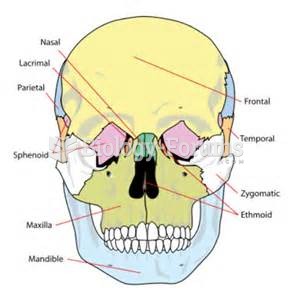|
|
|
Did you know?
The horizontal fraction bar was introduced by the Arabs.
Did you know?
ACTH levels are normally highest in the early morning (between 6 and 8 A.M.) and lowest in the evening (between 6 and 11 P.M.). Therefore, a doctor who suspects abnormal levels looks for low ACTH in the morning and high ACTH in the evening.
Did you know?
On average, the stomach produces 2 L of hydrochloric acid per day.
Did you know?
Symptoms of kidney problems include a loss of appetite, back pain (which may be sudden and intense), chills, abdominal pain, fluid retention, nausea, the urge to urinate, vomiting, and fever.
Did you know?
More than 30% of American adults, and about 12% of children utilize health care approaches that were developed outside of conventional medicine.
 Gate Control Theory, Gate control, Open gate, Closed gate, Pain, Nerve transmission of pain, Pain ma
Gate Control Theory, Gate control, Open gate, Closed gate, Pain, Nerve transmission of pain, Pain ma
 A cylinder head with four valves per cylinder, two intake valves (larger) and two exhaust valves ...
A cylinder head with four valves per cylinder, two intake valves (larger) and two exhaust valves ...





